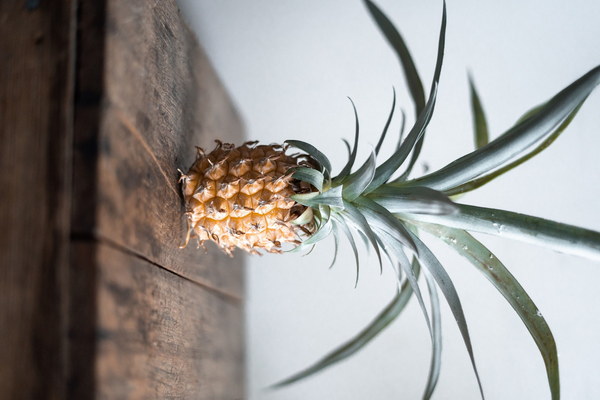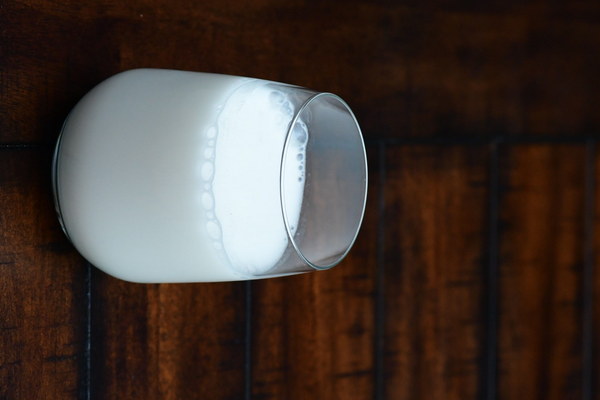Herbal Remedies for Liver Support and Insomnia A Natural Approach to Better Sleep
In the fast-paced world we live in, sleep deprivation has become a common problem. One of the most effective ways to combat insomnia is by using natural remedies, particularly those that focus on liver support. The liver plays a crucial role in maintaining our body's overall balance, and when it is functioning optimally, it can significantly improve sleep quality. This article explores the benefits of traditional Chinese herbs for liver support and their potential in treating insomnia.
The liver, known as the organ of detoxification in traditional Chinese medicine (TCM), is responsible for filtering blood and removing harmful toxins from the body. When the liver is impaired, it can lead to a variety of health issues, including sleep disturbances. TCM has long recognized the importance of a healthy liver in maintaining a good night's sleep.
Here are some of the most commonly used Chinese herbs for liver support and their potential benefits in treating insomnia:
1. Scutellaria baicalensis (Huang Qin)
Scutellaria baicalensis, or Baical Skullcap, is a well-known herb in TCM for its liver-cleansing properties. It helps to expel heat and toxins from the body, which can be the root cause of insomnia. Studies have shown that it can also improve sleep quality and reduce stress levels.

2. Astragalus membranaceus (Huang Qi)
Astragalus is a powerful immune-boosting herb that also supports liver function. It helps to nourish the liver and improve blood circulation, which can alleviate stress and anxiety, leading to better sleep. Astragalus is often used in combination with other herbs for a synergistic effect.
3. Bupleurum chinense (Chai Hu)
Bupleurum is another herb that is highly regarded for its liver-cleansing properties. It is often used to treat liver disorders, such as hepatitis, and can help to improve sleep quality by reducing stress and anxiety. Bupleurum can also help regulate the body's temperature, which is essential for a good night's sleep.
4. Rehmannia glutinosa (Shu Di Huang)
Rehmannia is a yin-nourishing herb that helps to replenish the liver and kidney energy, which are crucial for maintaining healthy sleep patterns. It is often used in combination with other herbs to balance the body's Yin and Yang energies, leading to improved sleep quality.
5. Zizyphus jujuba (Suan Zao Ren)
Zizyphus jujuba, or Suan Zao Ren, is an herb known for its calming and sedative properties. It is often used to treat anxiety and stress-related insomnia. Suan Zao Ren contains natural compounds that can help regulate neurotransmitters in the brain, leading to a more relaxed state and improved sleep.
Incorporating these herbs into a liver-supporting regimen can be beneficial for those struggling with insomnia. However, it is important to note that TCM is a holistic approach to health, and the use of these herbs should be tailored to an individual's specific needs and health conditions.
When using Chinese herbs for liver support and treating insomnia, consider the following tips:
- Consult with a qualified TCM practitioner before starting any herbal regimen to ensure the herbs are appropriate for your specific health concerns.
- Use high-quality herbs from a reputable source to ensure purity and effectiveness.
- Follow the recommended dosage and duration of treatment as advised by your TCM practitioner.
- Combine herbal treatments with lifestyle changes, such as regular exercise, a balanced diet, and stress management techniques, for the best results.
In conclusion, traditional Chinese herbs for liver support offer a natural and effective way to treat insomnia. By promoting a healthy liver, these herbs can help regulate sleep patterns, reduce stress, and improve overall well-being. Incorporating these herbs into your daily routine, along with other holistic health practices, can lead to a more restful and rejuvenating sleep experience.









